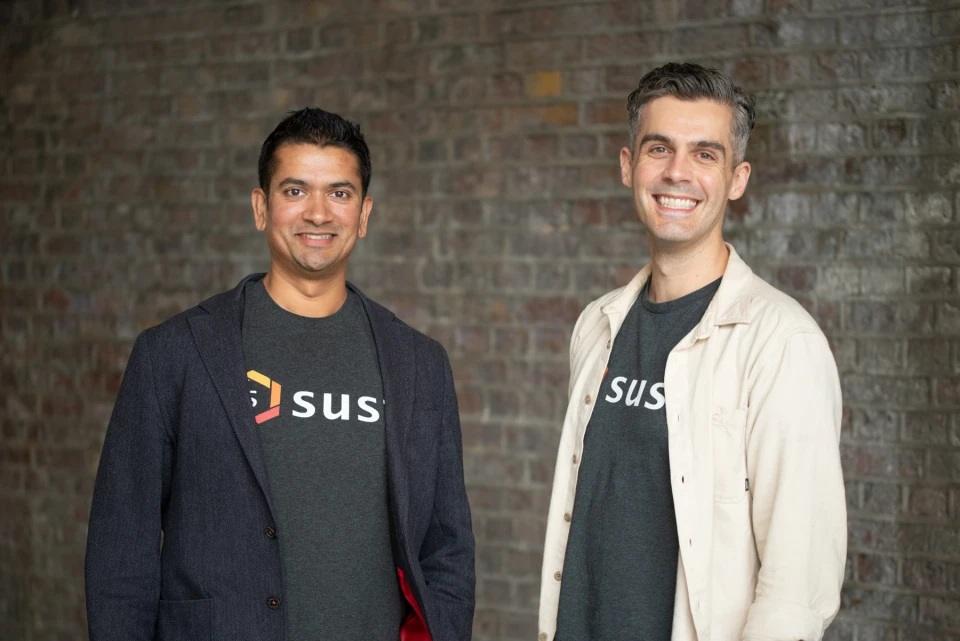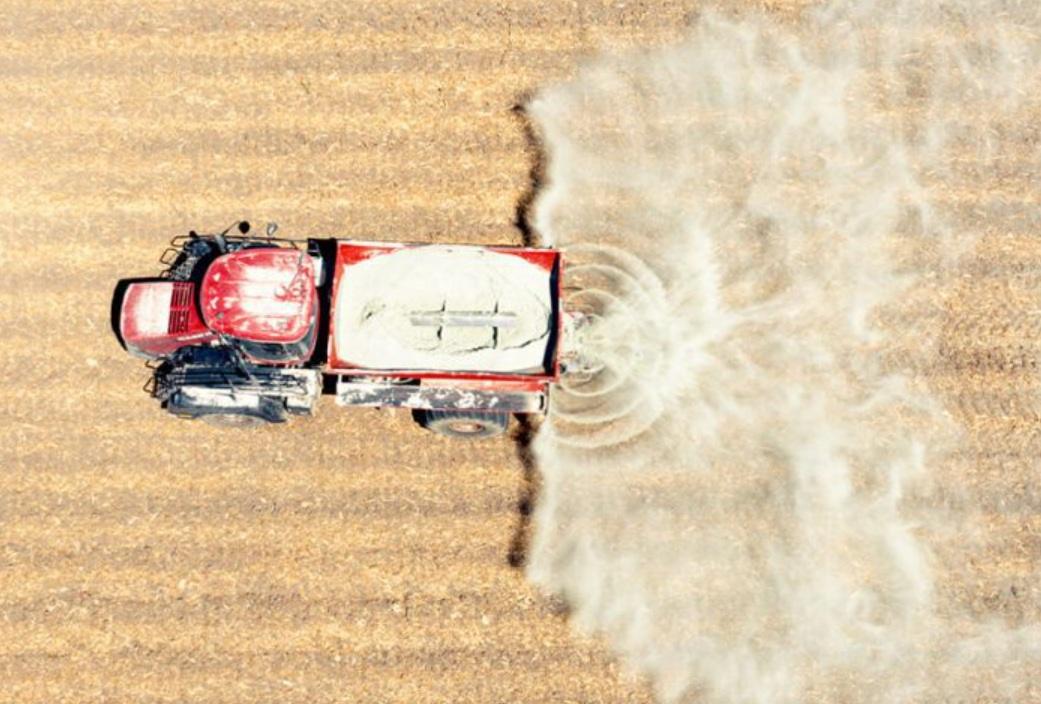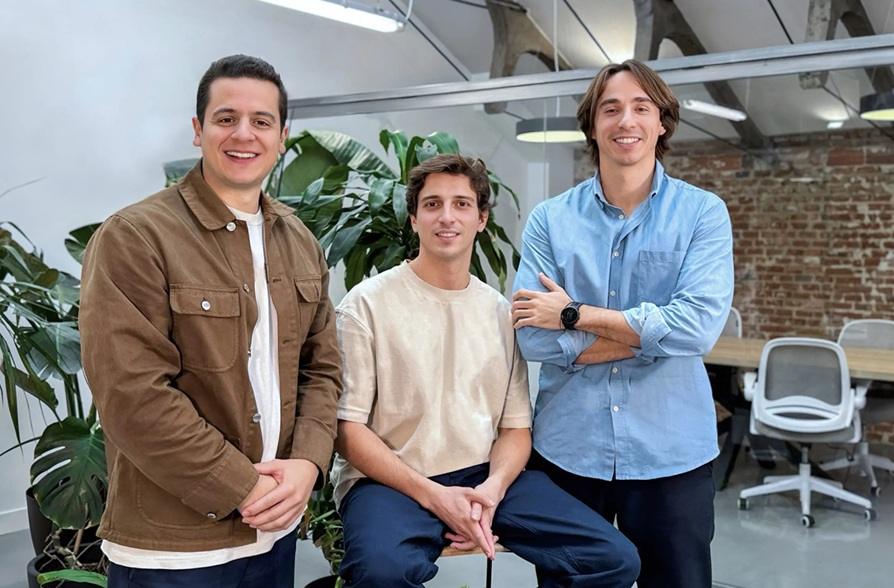ISS STOXX Acquires Geospatial AI-Powered Climate Risk Data Provider Sust Global
ISS Sustainability Solutions, the sustainable investment business of ISS STOXX, announced today the acquisition of geospatial AI-powered climate risk intelligence company Sust Global, in a move aimed at providing investors with capabilities to identify and manage climate and nature risks in their investments.
Founded in 2020 by CEO Josh Gilbert and CTO Gopal Erinjippurath, California-based Sust Global uses advanced machine learning and satellite data to help investors understand physical climate risks across their portfolios. The company’s platform utilizes a proprietary geospatial AI engine to help understand relationships, trends, and patterns within a region, enabling high-resolution insights on material climate and nature related physical risks. Sust Global offers data products that integrate into existing institutional client processes, with solutions including a visual risk analytics tool, regulatory reporting solutions, data exports, and direct API tools, as well as bespoke solutions.
According to Till Jung, Head of Sustainability Business at ISS STOXX, the transaction comes as “institutional investors’ need for geospatial data and enhanced physical risk analytics is growing rapidly,” with the acquisition aimed at addressing investors’ demand.
Jung added:
“Sust Global is a highly complementary fit whose platform and AI-powered physical risk models pair well with our proprietary asset level data. Our ability to map them to corporates and investment portfolios will result in highly effective solutions for our institutional clients.”
In a statement released following the announcement, Sust Global founders Gilbert and Erinjippurath said that the acquisition will enable the company to accelerate its product roadmap, and expand globally, “bringing our leading geospatial risk products to institutional investors worldwide.”
The co-founders added:
“Through this acquisition, we will rapidly scale our solutions, enabling more global investors to understand and respond to tangible asset risks, by harnessing the latest in earth system understanding, data science and AI.”





